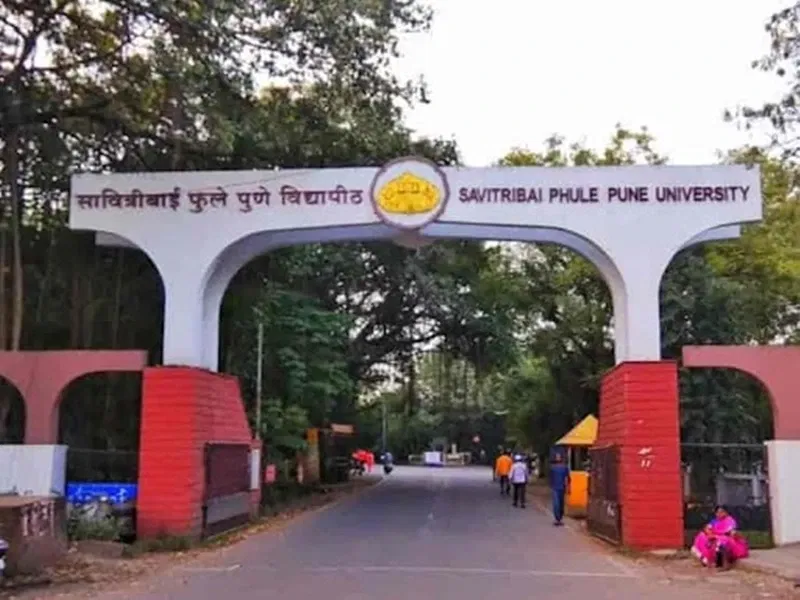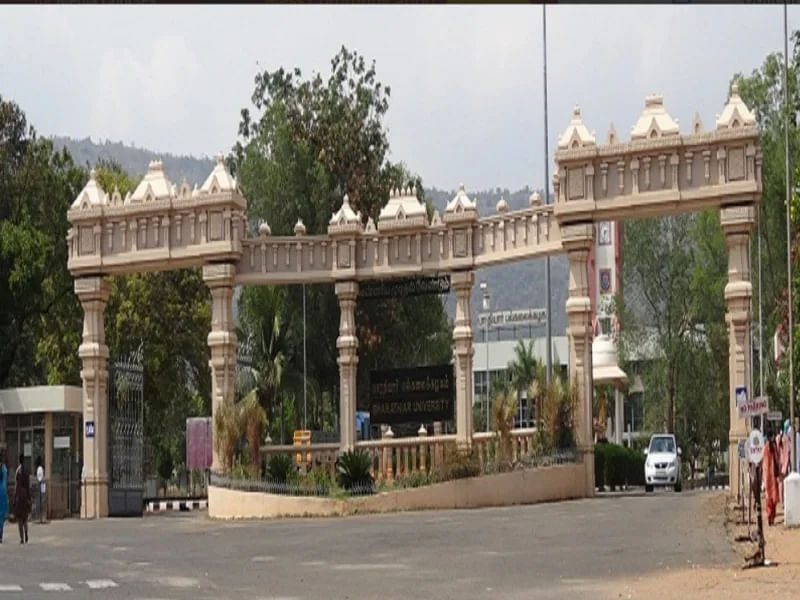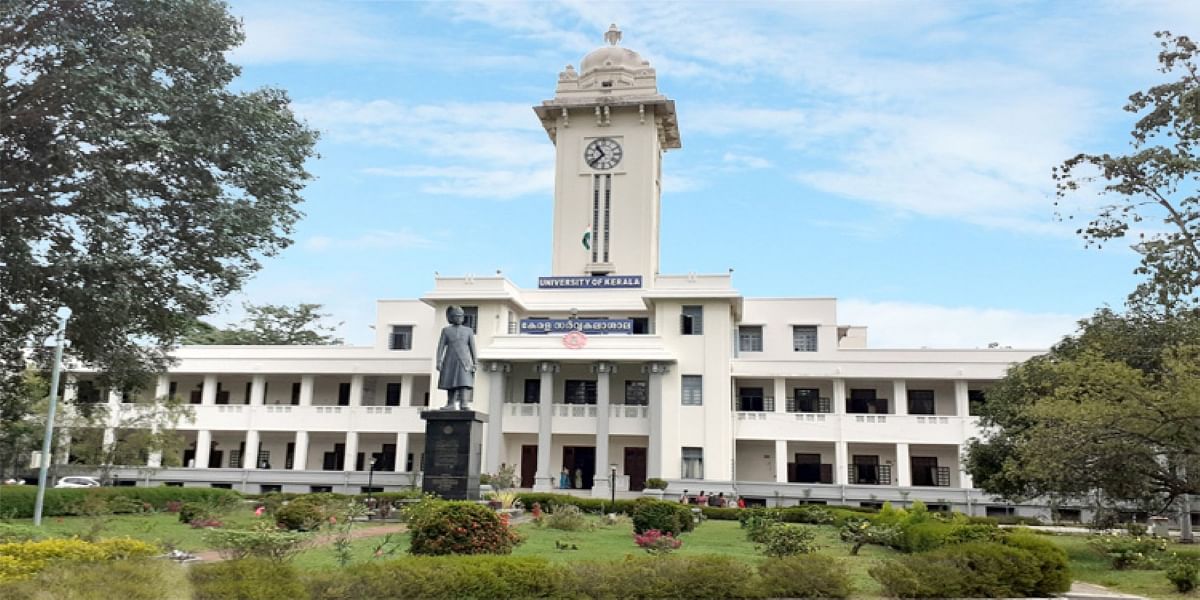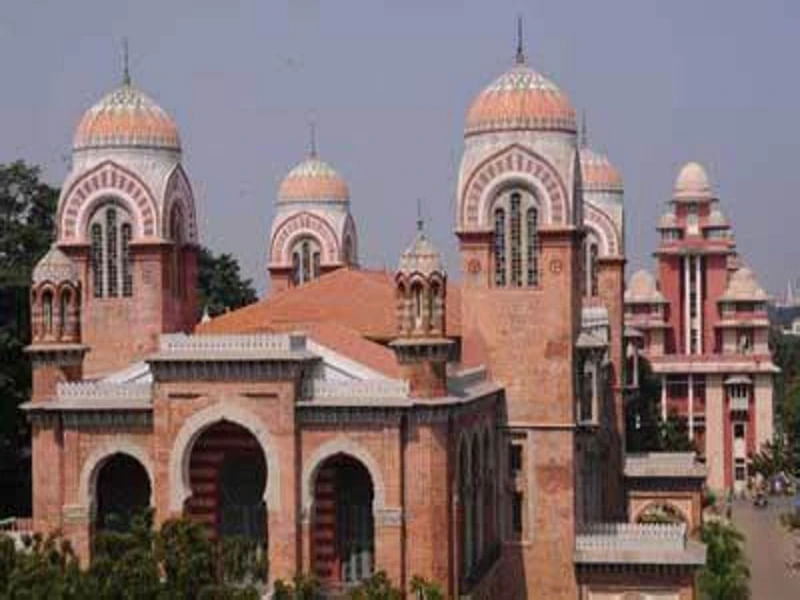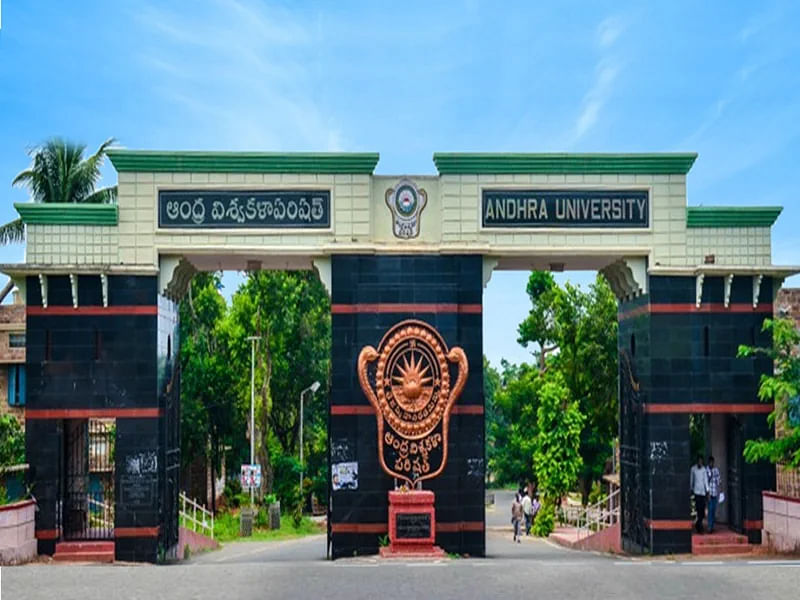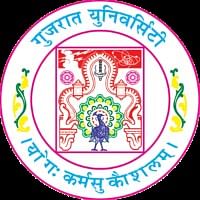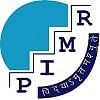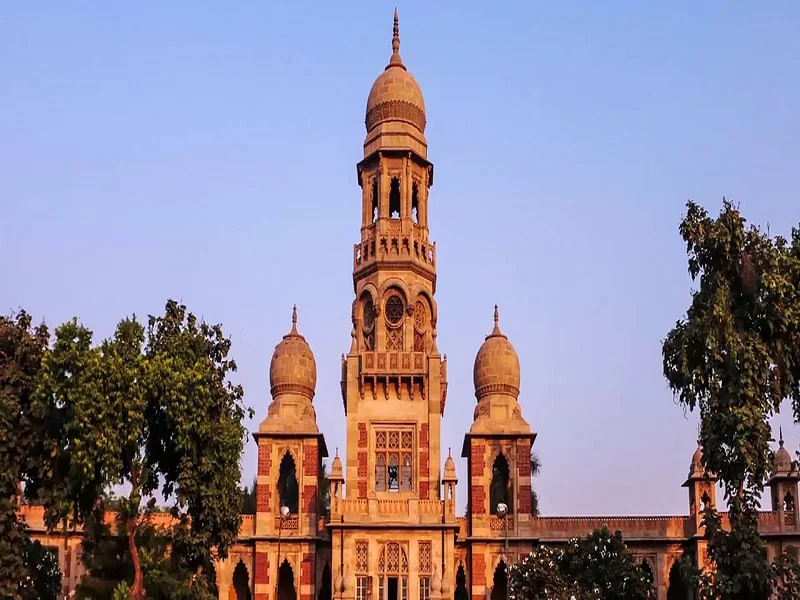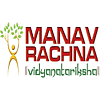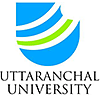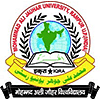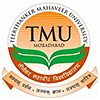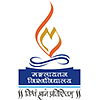MJMC (Master of Journalism and Mass Communication)

Master of Journalism and Mass Communication is a two-year postgraduate degree course that deals with the main areas of journalism in Newspapers, Magazines, Cinema, Radio, etc. MJMC graduates have numerous opportunities in private and public sectors, in India and abroad. MJMC graduates can find jobs in Public Relations, Reporting, Media Management, Advertising, Corporate Communication, Television & Film Production, etc.
MJMC Course Details
| Degree | Masters |
| Full Form | Master of Journalism and Mass Communication |
| Duration | 2 Years |
| Subjects Required | English, Journalism, Political Science, Mass Communication |
| Minimum Percentage | 50% |
| Average Fees | ₹5K - 54K PA |
| Similar Options of Study | BJMC |
| Average Salary | INR 4.31 LPA [Source: Glassdoor] |
| Employment Roles | Communications Officer, Editorial Writer, Content Writer, Content Manager, Copy Editor, Media Relations Specialist, Senior Communications Specialist, Training Specialist, Copywriter etc |
| Top Recruiters | Public Relations, Reporting, Media Management, Advertising, Corporate Communication, Television & Film Production etc |
About Master of Journalism and Mass Communication
The American Press Institute and Wecoomunicationblogspot define the MJMC course as, "Journalism is the activity of gathering, assessing, creating, and presenting news and information. Communication is the production and exchange of information with meaning by use of signs and symbols." The course is designed in a structured manner that aims at collecting, analyzing, and interpreting data using statistical and economic approaches, verbally and in writing, effectively communicating study findings. The subjects like Introduction to Mass Communication, Print Media, Principles of Mass Communication, Media Research, TV Journalism are covered under the required syllabus.
Table of Contents
- Master of Journalism and Mass Communication Eligibility Criteria
- Master of Journalism and Mass Communication Admission Process
- Popular Master of Journalism and Mass Communication Entrance Exams
- Top Master of Journalism and Mass Communication Colleges
- Why Choose Master of Journalism and Mass Communication?
- Master of Journalism and Mass Communication Fees Structure
- Master of Journalism and Mass Communication Syllabus and Subjects
- Preparation Tips for Master of Journalism and Mass Communication
- Scope of Higher Education for Master of Journalism and Mass Communication
- Master of Journalism and Mass Communication Salary
- Master of Journalism and Mass Communication Career Options
- Skills to Excel
Eligibility Criteria for Master of Journalism and Mass Communication
Admission for the Master of Journalism and Mass Communication course in India requires the aspirants to complete their higher education 10+2+3 from any recognized institution. Additionally, students must give the required entrance exam to get admission. There is no specific age limit or criteria for getting Master of Journalism and Mass Communication admission as aspirants within any age group can apply and join for the course.
Admission Process for Master of Journalism and Mass Communication
The admission process for the Master of Journalism and Mass Communication course in India is conducted directly from the college premises or online. The admission process for the MJMC course is undertaken strictly based on the scores of 10+2+3 criteria and entrance exam performance. The aspirant has to qualify for the entrance exams. Listed below are the various procedures to get admission for the Master of Journalism and Mass Communication course:
How to Apply?
The aspirants eager to study Master of Journalism and Mass Communication can either apply online or offline for the course. The Master of Journalism and Mass Communication applicants are shortlisted for the course based on the marks scored in the bachelor's degree with an entrance exam. The aspirants can apply for the Master of Journalism and Mass Communication course details by downloading an admission form available online at the university or on the college website.
Selection Process
The Master of Journalism and Mass Communication selection process for the course is based on the entrance exam scores and performance in Secondary and Higher Secondary Education and Bachelors degree in Journalism and Communication background. After completing the 10+2+3 exam, the college or university conducts an entrance exam, a written test, personal interview, counseling, and group discussion.
Popular Entrance Exams for Master of Journalism and Mass Communication
There are few entrance exams for the Master of Journalism and Mass Communication course for which the students can attend and have a clear idea of the course. The postgraduates can book their seats for the course in any recognized college or university. Some of the entrance exams are:
Quick Glance At the Master of Journalism and Mass Communication Entrance Exams
The eligibility criteria for the Master of Journalism and Mass Communication degree course depends entirely on the conducting body that conducts the admission entrance exam. The entrance exams conducted for the Master of Journalism and Mass Communication Degree course include various questions related to mathematics, reasoning, logic, social studies, business, etc. The entrance test includes:
- Multiple choice objective type questions.
- The entrance exam is conducted in the English language.
- One hundred marks are allotted to the exam with a 2-hour duration.
- Most of the questions in the entrance exams are merely related to general awareness, aptitude, language capability, analytical and comprehension skills, etc.
Top 10 Master of Journalism and Mass Communication Colleges in India
Top Master of Journalism and Mass Communication colleges in India and abroad offer Master Management Studies postgraduate degree courses to students interested in journalism and communication. Some of the very best colleges for Master of Journalism and Mass Communication colleges in India are as follows:
|
SI.No. |
Name of the College |
|
1 |
|
|
2 |
|
|
3 |
|
|
4 |
|
|
5 |
|
|
6 |
|
|
7 |
|
|
8 |
|
|
9 |
|
|
10 |
Fee Structure for Master of Journalism and Mass Communication
Master of Journalism and Mass Communication fees structure ranges from INR 6,000 -60,000 PA. The Master of Journalism and Mass Communication course fee may vary depending upon the facilities and amenities provided at the college/university, and the level of education offered.
|
College Name |
Fees Per Annum |
|
Savitribai Phule University, Pune |
INR 37K |
|
Bharathiar University, Coimbatore |
INR 16K |
|
Alagappa University, Kalaikudi |
INR 6K |
|
Utkal University, Bhubaneswar |
INR 28K |
|
Guru Gobind Singh Indraprastha University, New Delhi |
INR 25K |
Syllabus and Subjects for Master of Journalism and Mass Communication
The syllabus and subjects for the Master of Journalism and Mass Communication course are structured in such a way so that the students get a better understanding of different subjects. Master of Journalism and Mass Communication syllabus and subjects deal with a wide variety of topics Introduction to Mass Communication, Print Media, Principles of Mass Communication, Media Research, TV Journalism, and many more. Some of the important subjects of the Master of Journalism and Mass Communication course is:
- Introduction to Mass Communication
- Print Media
- Principles of Mass Communication
- Media Research
- TV Journalism
Read More About MJMC Syllabus and Subjects
Why Choose Master of Journalism and Mass Communication?
The Master of Journalism and Mass Communication course is for students interested in studying mass media, which includes all mediums used to convey information to the audience. This course helps students develop plenty of leadership and managerial skills and has vital internship opportunities which provide a much-needed practical experience in journalism.
What is Master of Journalism and Mass Communication All About?
Master of Journalism and Mass Communication Or MJMC is a postgraduate-designed graduate program. The Master of Journalism and Mass Communication course duration is two years. Master in Journalism and Mass Communication is a postgraduate program and is the study of mass media, including all mediums used to convey information to the audience. The Master of Journalism and Mass Communication subjects in this course deal with various journalism and communication focal points.
What Does a Master of Journalism and Mass Communication Graduate Do?
Master of Journalism and Mass Communication postgraduate holds a degree in journalism and communication, a good career option in India and abroad. The Master of Journalism and Mass Communication degree can open the door to many new and exciting jobs. An MJMC career means that you can explore yourself into several domains of your career. Here are some qualities which an MJMC postgraduate inherits.
Critical and Logical Thinking: The most significant skill is to develop a way of thinking that needs essential insight and rigorous logical reasoning. Managing modules and thinking within the limitations of model theories will cause The MJMC students to carefully consider the necessary conditions for a particular conclusion to be valid.
Reasons Why Master of Journalism and Mass Communication Can Fetch You a Rewarding Career
A degree in Master of Journalism and Mass Communication is recognized worldwide. The Master of Journalism and Mass Communication Course is for students who reveal insights into the interactions between cultures, individuals, and societies from domestic and international perspectives.
Demand: MJMC students who will always be needed all across the world are looking for MJMC postgraduates. Master of Journalism and Mass Communication Degree that provides qualifications for employment with many industries related to entertainment, politics, management, business reports are all possible demanding sectors for MJMC postgraduates.
Read More About MJMC Jobs
Preparation Tips For Master of Journalism and Mass Communication
Master of Journalism and Mass Communication students can prepare themselves by learning the basics of journalism. Aspirants who are good at communication, speaking, analyzing, and observing can thoroughly prepare the syllabus content. Aspirants can follow some of the tips mentioned below for Master of Journalism and Mass Communication course preparation:
Knowledge Of The Exam Paper Pattern: The paramount step in preparing well for the entrance exam is a deep-rooted understanding and comprehension of the paper pattern and the syllabus.
Effective Time Management: Focus points should be kept in mind, emphasizing weaker subjects and the daily practice of numerical problems. Students should draw a timetable, and the candidate should follow the timetable with dedication and diligence.
Practice Makes Perfect: Students should practice and revise before the exam to reduce unnecessary pressure one day before the examination.
Scope For Higher Education
The scope for higher education for Master of Journalism and Mass Communication is with best salaries offered in India and abroad with almost all private and public sectors of various organizations. After completing their degree, students can always seek higher education, which will improve their long-term professional chances. Some further courses toaster MJMC completion are:
Salary Of a Master of Journalism and Mass Communication Postgraduate
Master of Journalism and Mass Communication Course salary varies with different job profiles. Master of Journalism and Mass Communication salary varies according to an aspirant's knowledge and skills. Another factor that changes the average salary package is the company and post you are working for. The Master of Journalism and Mass Communication average salary, which is offered, ranges from INR 2 - 6 LPA [Source: Glassdoor].
Read More About MJMC Salary
Career Options After Master of Journalism and Mass Communication
After completing an MJMC, you are eligible for junior-level private and government jobs in India and abroad. Master of Journalism and Mass Communication aspirants have an excellent job scope in the future and vast job opportunities. Master of Journalism and Mass Communication is a continuous up-gradation of various Media Management, Reporting, PR, Television, Films, Advertising, Business, and Finance. Some of the very best Master of Journalism and Mass Communication careers in the areas mentioned are:
- Communication Manager
- Education & Communication Officer
- Content Writer
- Public Relations Officer
- Marketing Operations Specialist
- Communications Executive
- Public Relation Assistant
- Social Media Executive
- Teacher/Lecturer
Skills That Make You The Best Master of Journalism and Mass Communication postgraduates
Master of Journalism and Mass Communication aspirants should possess critical and analytical skills, numerical skills, problem-solving, adaptation skills, effective communication, policy management, and decision-making skills. In addition, they have to be confident, dedicated and committed to their aspiration. Skills that make you suitable for a Master of Journalism and Mass Communication postgraduate:
- Problem Solving Skills
- Analytical Skills
- Mathematical Skills
- Strong Work Ethics
- Management Skills
- Goal-Oriented
